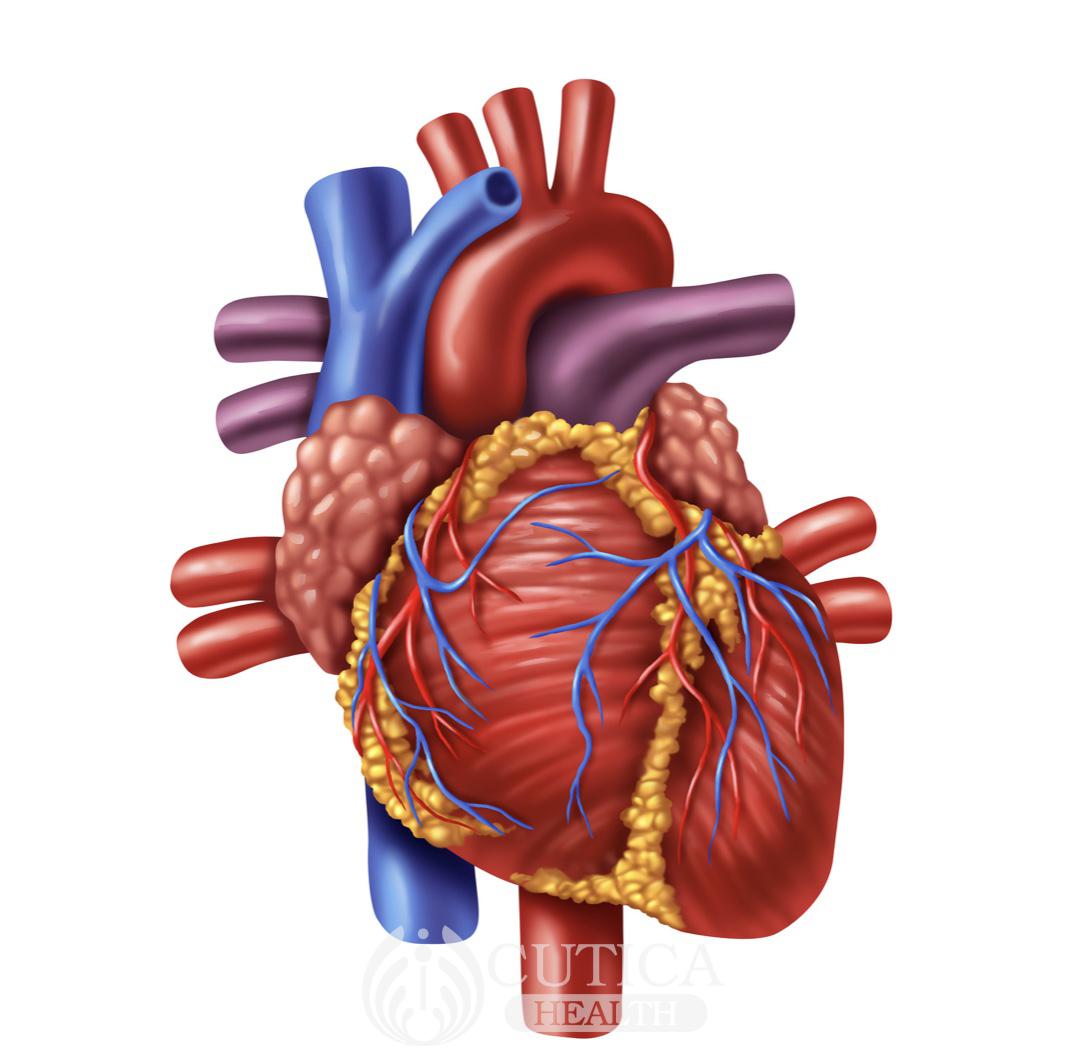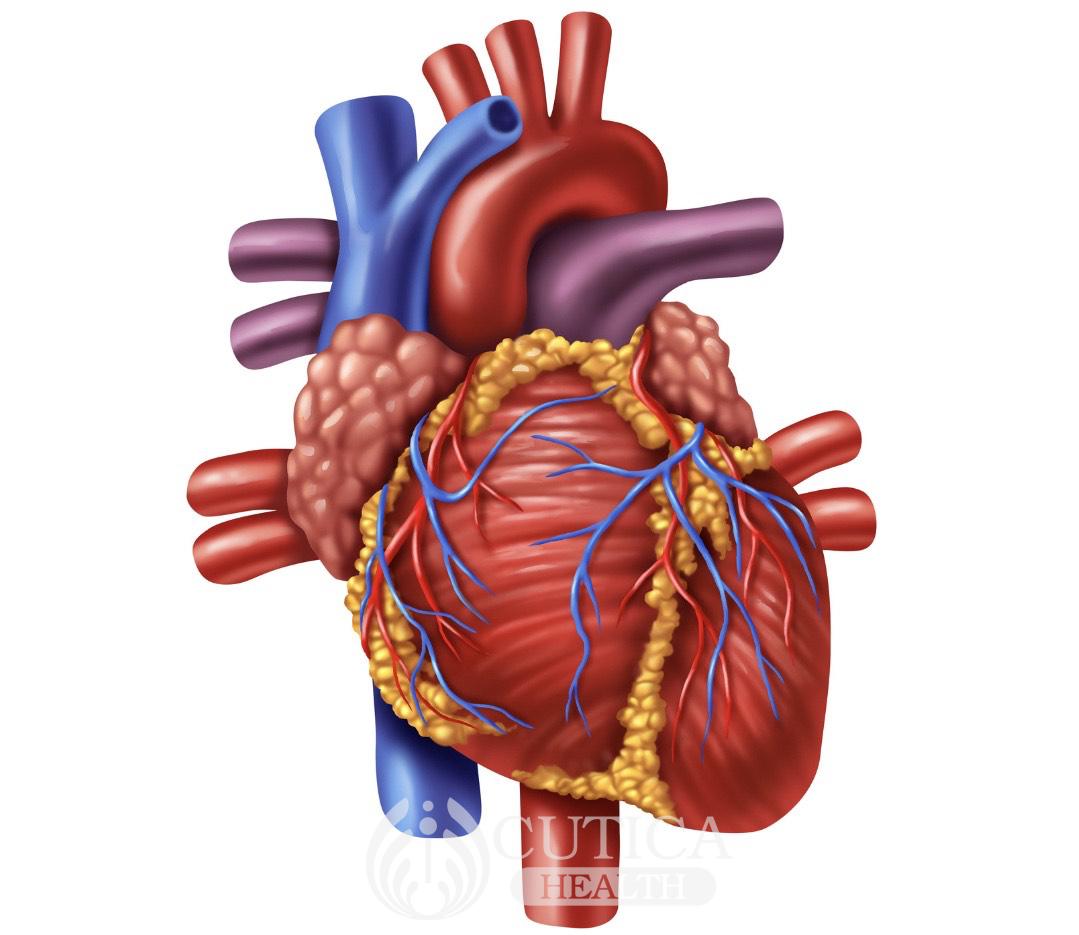
“Lisa switched to a vegan diet after a prolonged illness. The doctor had advised her to eat more fruits and veggies to build up her immunity. Over time, she cut out all dairy products as well as carbohydrates from her diet. She exclusively ate fruits, kale, and spinach. After a couple of months, Lisa had lost over 30% of her body weight. In addition to this drastic weight loss, her period had stopped, and she had developed anxiety over food preparation and eating "impure" meals.”
The term Orthorexia, also called orthorexia nervosa (ON) was created by Steven Bratman, a medical doctor from California, in 1996. Orthorexia can be defined as an eating disorder in which there is a fixation or obsession with healthy and proper eating that often results in negative consequences. The person has no interest in losing weight, just in being healthy.
People with orthorexia believe that their health can be maintained and improved by eating specific kinds of foods. They tend to create diets that contain only foods that they consider to be pure or healthy enough. This involves eliminating certain foods or entire food classes that they consider impure or unhealthy from their diet. For instance, a person with orthorexia may have a diet consisting only of green vegetables and fruit juice, or a diet that consists only of meat and other animal proteins.
Awareness about orthorexia is increasing globally, but it is still an uncommon disorder. Here are four important things you should know about this eating disorder:

What causes orthorexia? Are there any risk factors?
Orthorexia usually starts as a genuine concern for one’s health and well-being, but this concern may quickly become extreme. There is no singular cause, but certain risk factors may contribute to the development of this disorder. They include issues with identity, body image or self-worth, experiencing prolonged illness, difficulties in one’s social, emotional or school/work life, spiritual purposes, and a need for control over one’s life.
There are certain warning signs and symptoms.
Like most disorders, orthorexia has certain signs and symptoms to watch out for. They include:
- Increased worry about the health value and quality of food
- Classifying specific foods as safe, pure, or healthy and only eating those foods
- Severe weight loss and malnutrition
- Dedicating prolonged periods of time to food planning and preparation
- Avoiding social events or worrying about them days in advance due to concerns about the food that will be served.
- Avoiding meals made by others as well as meals served in restaurant and eateries.
- Eliminating entire food groups from one’s diet.
- A compulsive need to check the nutrition labels of packaged foods.
- Distress or anxiety when safe, pure, or healthy foods are unavailable.
- A fear of falling ill because of consuming unhealthy foods
- Feeling of shame and guilt when foods outside the pure/healthy category are eaten.
- Unusual interest in what other people are eating and how healthy it is.
Orthorexia can result in adverse health consequences
Orthorexia can affect both mental and physical health negatively, and some of these consequences may even be permanent. Physical health effects include reduced immunity, amenorrhea (absence of menstrual periods), infertility, osteoporosis, heart disease, and malnutrition.

Mental health effects include social isolation, anxiety, cognitive impairments, and emotional instability. Other disorders, such as obsessive-compulsive disorder and depression, may also occur alongside orthorexia.
Can Orthorexia be treated or managed?
Before a treatment or intervention plan is put in place, a doctor or mental health professional must give a formal diagnosis of orthorexia. After diagnosis, there are several types of treatment that may be recommended. Some of them are behaviour therapy and modification, cognitive reframing, cognitive restructuring, exposure therapy, and mindfulness training.
Conclusion
Orthorexia involves extreme healthy eating habits that often affect the well-being of the individual. Although these habits may appear healthy on the surface, they often lead to negative physical and mental health effects. If you suspect that your eating habits might lean in this direction, please see a doctor or mental health professional.












